Circus art show goes under the big top
© Courtesy of the Moscow Museum of Modern Art
by Alice Tchernookova,
special to The Moscow News
25/02/2014
by Alice Tchernookova, special to The Moscow News at 25/02/2014 17:07
A playful new circus-themed exhibition at the Moscow Museum of Modern Art puts viewers right in the arena, creating an interactive journey through dressing rooms, tents and even animal cages. Along the way are a wide range of representations of the circus in Russian art, from Alexander Rodchenko to Oleg Kulik.
"The theme of the circus has been very present in the works of Russian artists during the last century," said Darya Vorobyova, curator of "Igra v Tsirk" ("Playing Circus"). "The idea was to group as many as possible within a single exhibition, showing a variety of perceptions."
The exhibition spans 13 rooms, each of them focusing on a particular aspect of the circus. Having ascended the stairs under a bright marquee, visitors arrive in the "My Circus" room, which contains childlike paintings by Marc Chagall, Constructivist-style 1930s prints by Alexandra Exter, and several Rodchenko photographs, including the striking "Jump on a Horse" (1935).
Other rooms include the "Dressing Room," which shows period circus costumes and a makeup table surrounded by spotlights, and "The Cage," which puts the watcher in the position of a caged animal, complete with sound effects and large-scale lion photographs by Katya Shkolnik.
The "Arena" room contains one of the show's central pieces: Yuri Sheshkov's 1995 painting "Manezh" ("Arena"). The painting's arena extends into the room, allowing visitors to enter its scene of jugglers and animal tricks for themselves. The final room, "The Dream," has twelve different doors, which visitors can open to reveal allusions to the previous rooms.
"Igra v Tsirk" reveals the wide range of styles in which the circus has been depicted in Russian art, from Alexander Tikhomirov's lyrical paintings, to grotesque caricatures by Soviet cartoonist Boris Yefimov, to the playful clowning of contemporary conceptualist artist Leonid Tishkov.
"Circus is always a matter of emotions, of feelings," Vorobyova said.
It's a set of feelings that viewers - especially young ones - likely won't want to leave.
Until April 6 at the Moscow Museum of Modern Art, www.mmoma.ru


























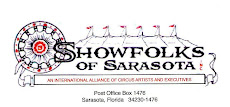
















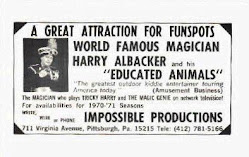

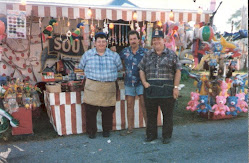




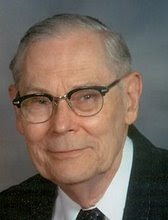
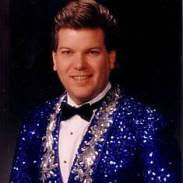




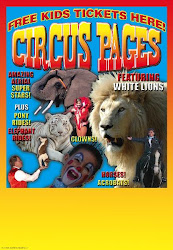

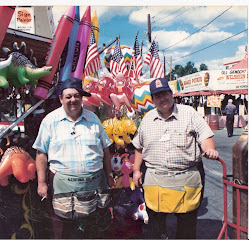
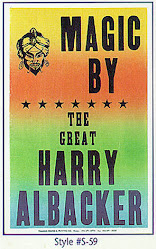















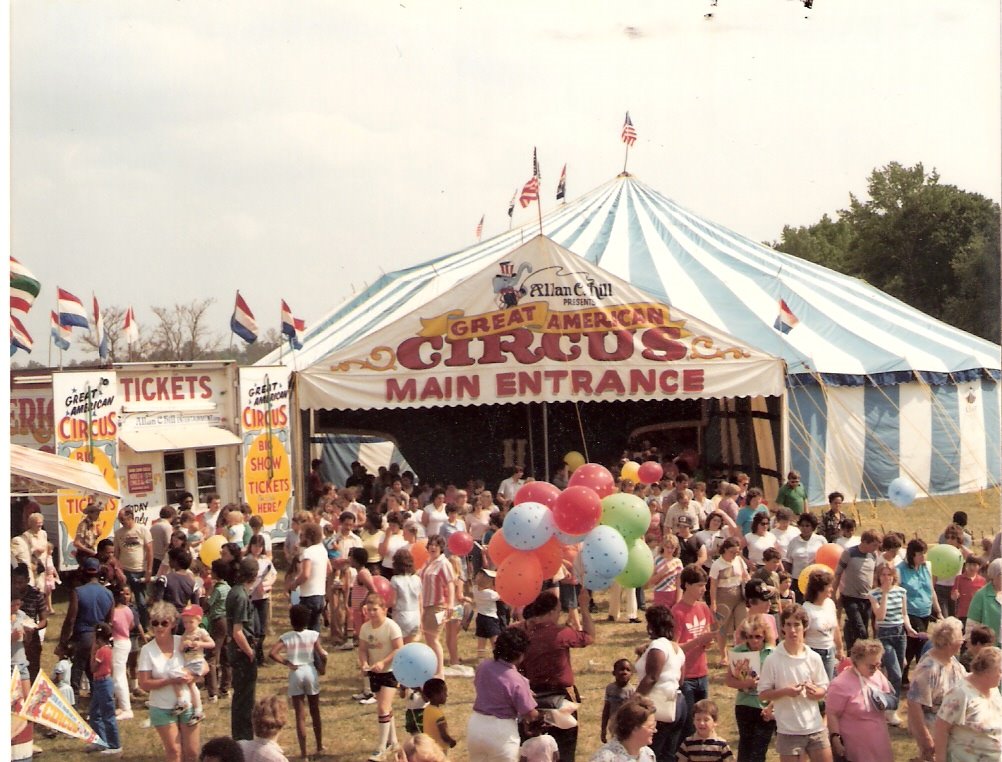









No comments:
Post a Comment